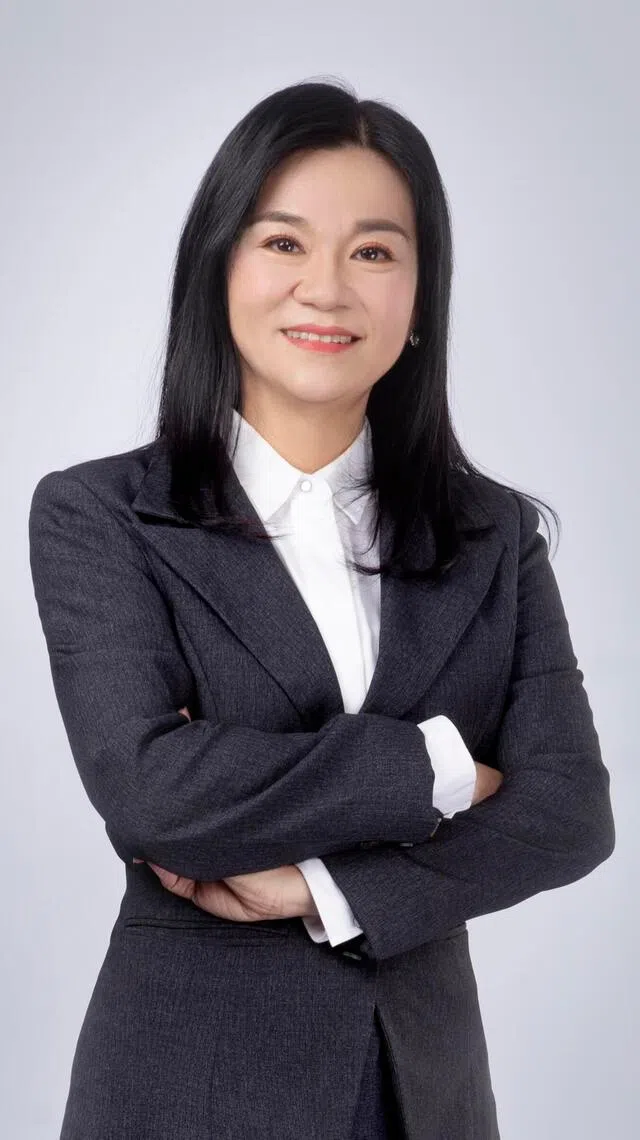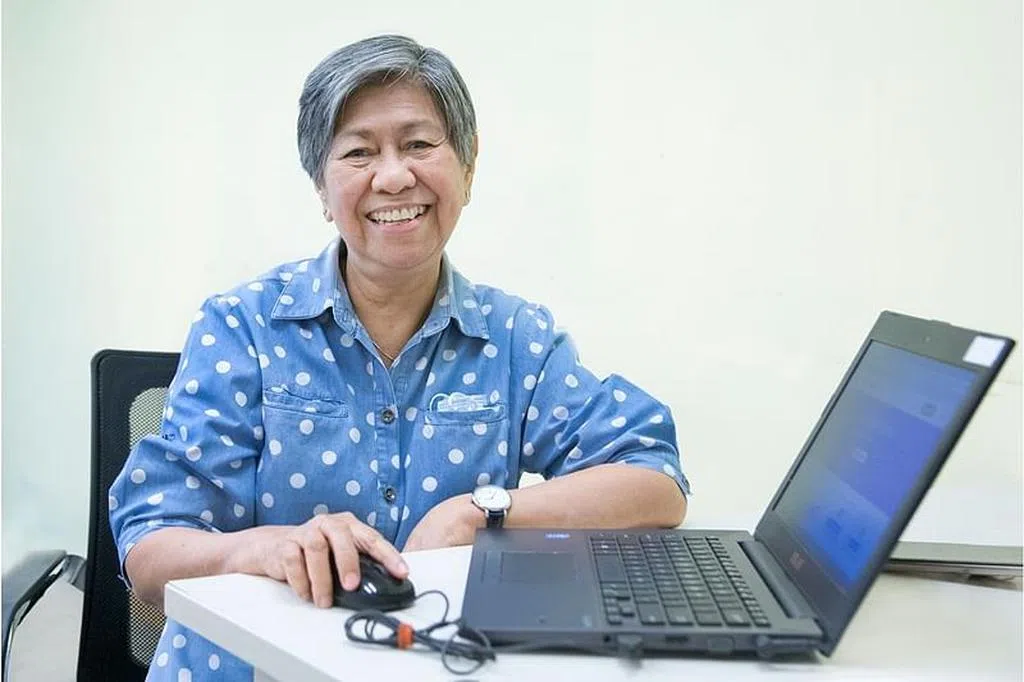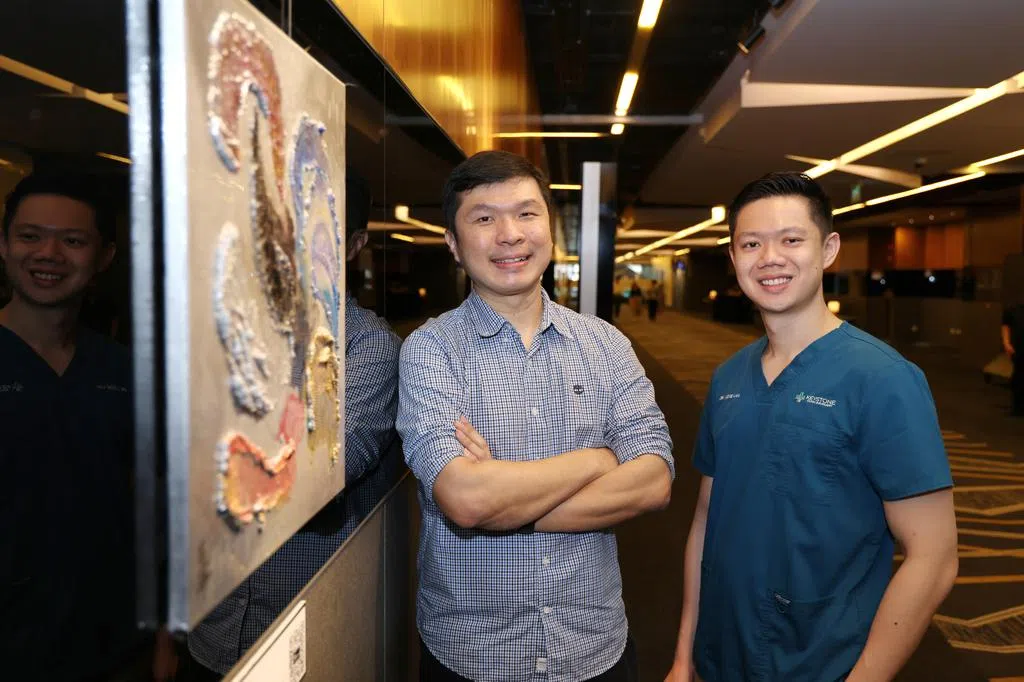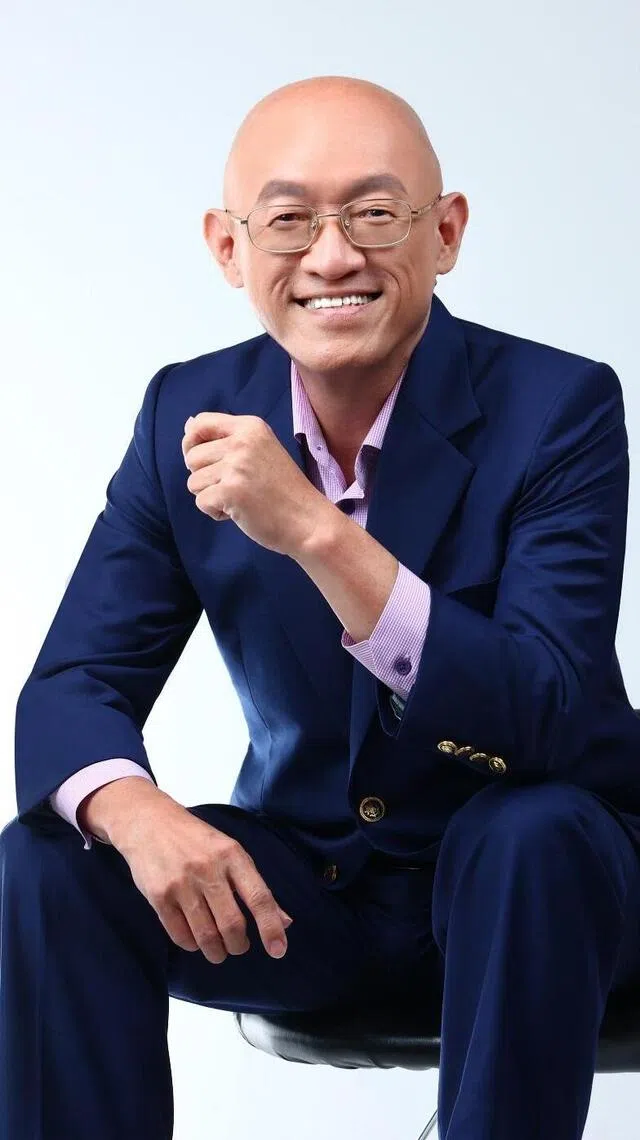If you suddenly lose your decision-making ability, who would you want to make your medical choices? How well do you know about your assets and liabilities? Life is like an unknown voyage; you can't control the storms, but you can plan ahead to ensure that no matter what happens, your ship and your loved ones are on the right course.
Lianhe Zaobao is hosting a Mandarin-language seminar titled "Plan Early, Live Well," where speakers will discuss advance care planning, will making, and how to prepare for the future in your prime. The three speakers are: Chen Shanling, Senior Director of Nirvana Asia Group Southern Region; Zhang Weihua, Founder of SimplyWills; and Lu Lizhen, Care Coordinator of the Advance Care Plan at the National University Hospital.
Three Essentials of Life Planning Chen Shanling, Senior Director of Nirvana Asia Group Southern Region, stated that in addition to practical arrangements such as financial management, insurance, retirement funds, and will writing, life planning also requires another consideration: how to live a balanced life with wisdom? People often say that plans can't keep up with changes. She said, "Early life planning is not about controlling the future, but about making us more resilient and confident in the face of change. A planned life is like an anchor. When change comes, it reminds us of what our most important values and responsibilities are, and serves as a guide to keep our life's direction."

Chen Shanling shared her insights at the Lianhe Zaobao forum on the topic of "At 54, Standing Firm: A Magnificent Life." How can one plan ahead and prepare for the future during their prime years? She proposed a "three-pronged approach": (1) organizing assets, (2) clarifying roles, and (3) cultivating a positive mindset.
Asset planning ensures peace of mind for oneself and one's family; role planning helps individuals transition from executors to successors; mindset planning teaches letting go, allowing others the opportunity to grow. Short-term planning helps maintain a rhythm of life; long-term planning clarifies the future direction. She said, "In my 25-year corporate career, I have always used short-term actions to implement my long-term vision." Supporting a good life plan is not grand goals, but small, consistent lifestyle habits.
Further Reading


In her youth, Chen Shanling focused on her career; in middle age, her focus shifted to family and education. She firmly believes in living a fulfilling life at every stage. The biggest obstacle in putting her plans into practice is inner uncertainty. People often fear change, fear losing control of their lives. Sharing her personal experience, she said that at 50, she was unwell, her child was only three, and her company was already on track. She suddenly realized the meaning of her efforts wasn't just about superficial achievements, but about how to pass on and continue the legacy. That year, she refocused her career, handed over her team to younger successors, re-planned her family and life, and dedicated her time to the most important people. She believes that success in life is about enabling others to live better lives because of your existence and influence.
Many people still have reservations about making a will, due to reasons including being young, having few assets, and concerns about costs.

In an interview, Zhang Weihua, founder of SimplyWills, said that first, it's essential to understand the definition of property. Young people today buy insurance policies with premiums ranging from tens of thousands to hundreds of thousands of dollars; these are all assets, and one shouldn't feel the need to make a will simply because they currently have less money. In Singapore, the law stipulates that a testator must be at least 21 years old to make a will.
Zhang Weihua shared his insights at the seminar on the topic of "My Will, My Choice." He pointed out that in the past, older people often considered making a will unlucky. However, times have changed. Young people generally have higher education and a higher level of understanding. They understand that without a will, under Singapore's Intestate Succession Act, if a person dies unexpectedly without a will, their estate will be distributed according to the established rules of the Act, which may not reflect the deceased's wishes. Therefore, making a valid will is crucial. Through a will, you can freely designate beneficiaries, executors, and guardians for minor children, thereby reducing unnecessary trouble and disputes for relatives.

Under what circumstances is it necessary to amend a will? Zhang Weihua explained that if you make a will when you are single, it becomes invalid from the day you get married and sign a marriage certificate. Therefore, in this case, a new will must be made.
He cautioned, "We often see people die unexpectedly or suddenly, so it's best to make a will while you are still healthy, to put everyone's minds at ease." Simpler wills can usually be completed within one or two days, costing approximately 200 to 500 yuan, while more complex ones will be more expensive.
Advanced Care Planning ≠ Giving Up Treatment Some people are confused and have doubts about Advanced Care Planning (ACP) and wills. What exactly is the difference between the two?

Lu Lizhen, a care coordinator for the advance care program at the National University Hospital, points out that advance care planning aims to help individuals think ahead and decide on their healthcare choices based on their life goals and values. This ensures that family, friends, and the medical team are aware of the patient's wishes when they are no longer able to advocate for themselves. A will, on the other hand, involves the distribution of assets and property and takes effect after death.
People often equate advance care planning with giving up treatment or choosing death. She clarifies this is a common misconception: "Advance care planning is not about stopping treatment or choosing death; its core value lies in respecting individual autonomy. Among the patients I see, some seek to prolong their lives through active treatment."
When should one consider developing an advance care plan? Lu Lizhen points out that there is no "best time." Anyone with the capacity for independent decision-making should begin considering this plan. She says, "First, it's necessary to assess the individual's understanding of advance care planning and their motivation to initiate it. We will send relevant materials in advance to help them understand the framework of the conversation." After this groundwork is completed, the care coordinator will meet with the individual.
Studies have shown that advance care planning can significantly reduce patients' suffering in the final stages of life and decrease unnecessary treatments. Lu Lizhen said that while quality of life is a subjective feeling, it is an indicator of what patients value most. Through advance care planning discussions, family members can understand the patient's wishes, which helps to minimize conflict and optimize care plans.



